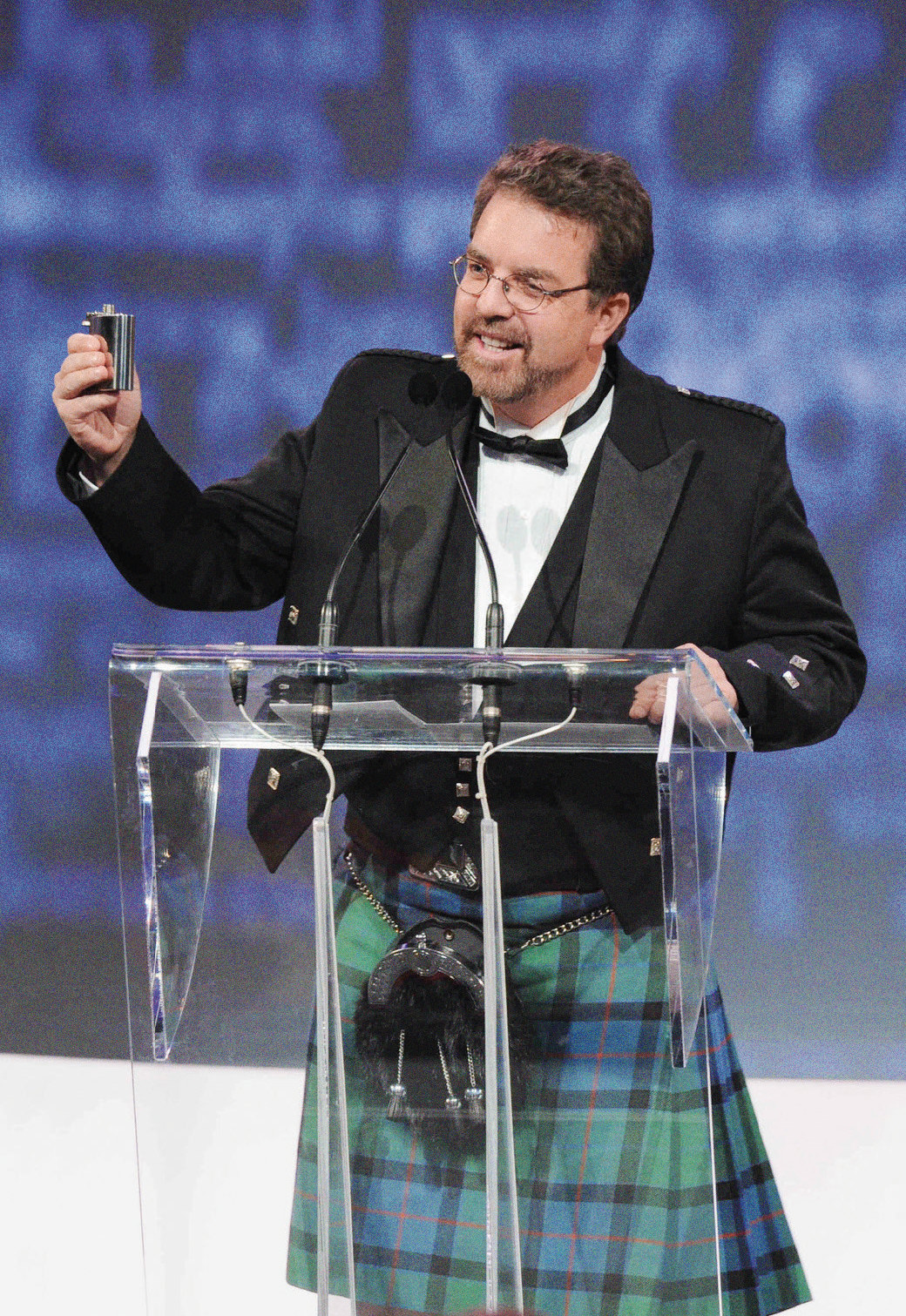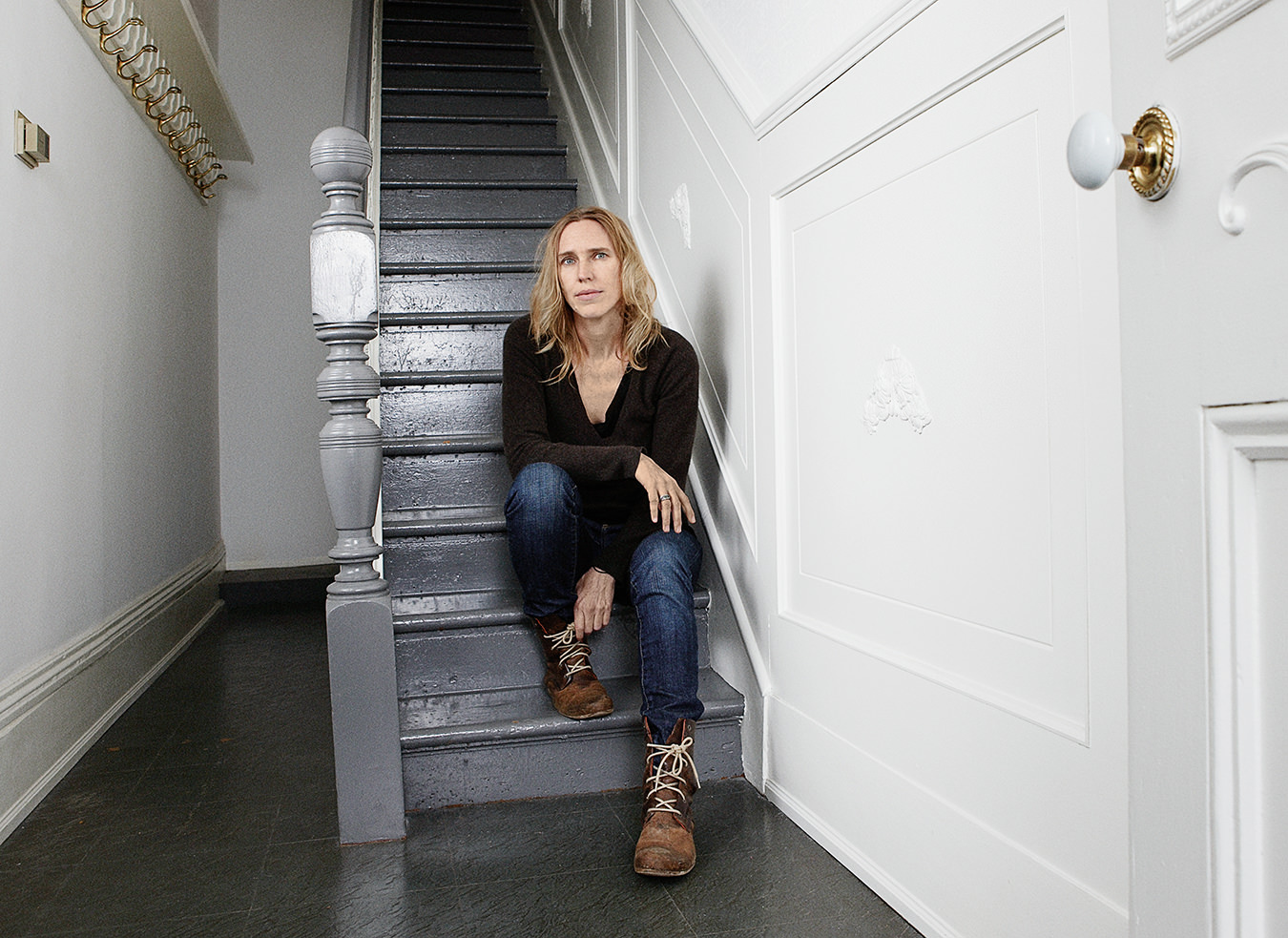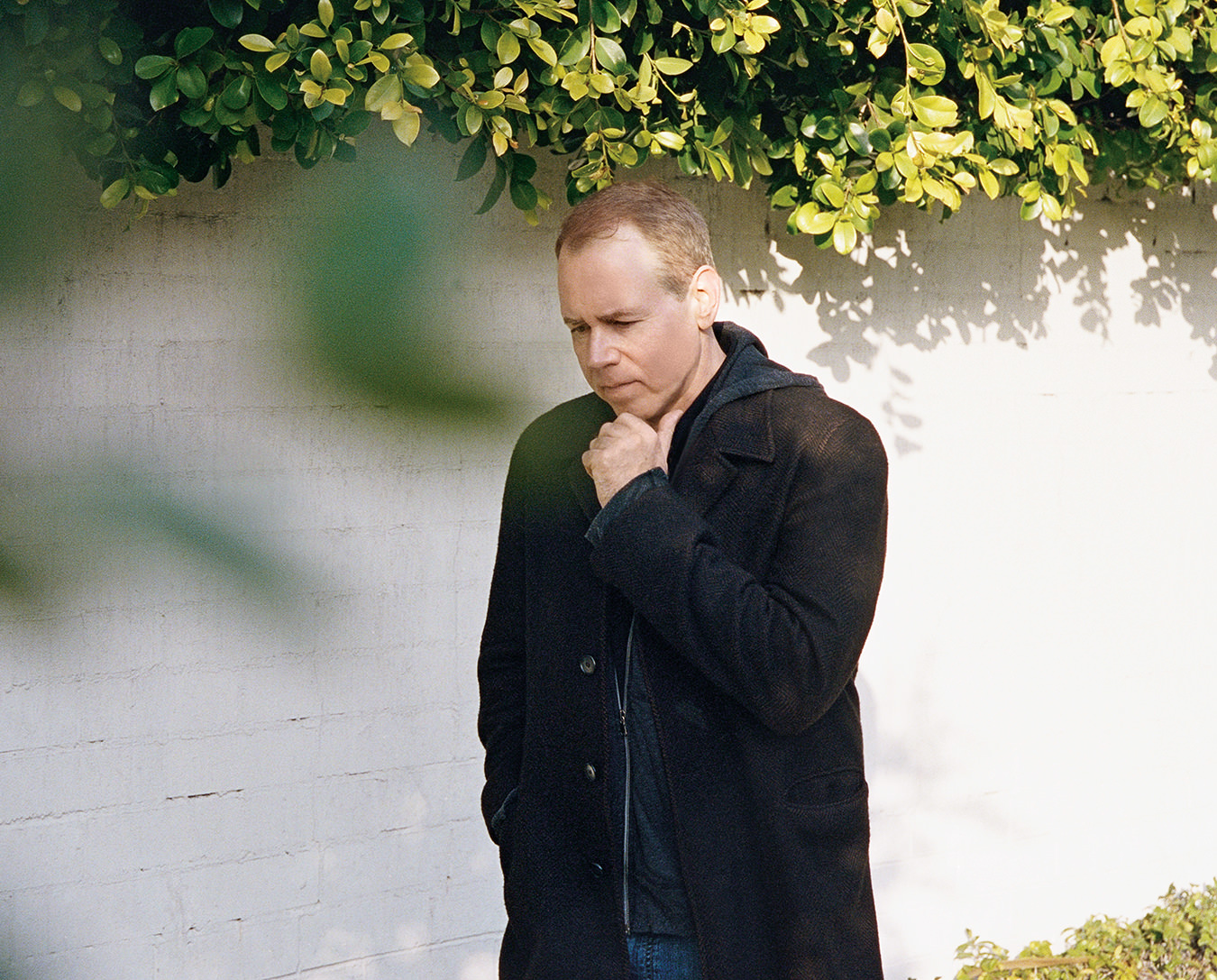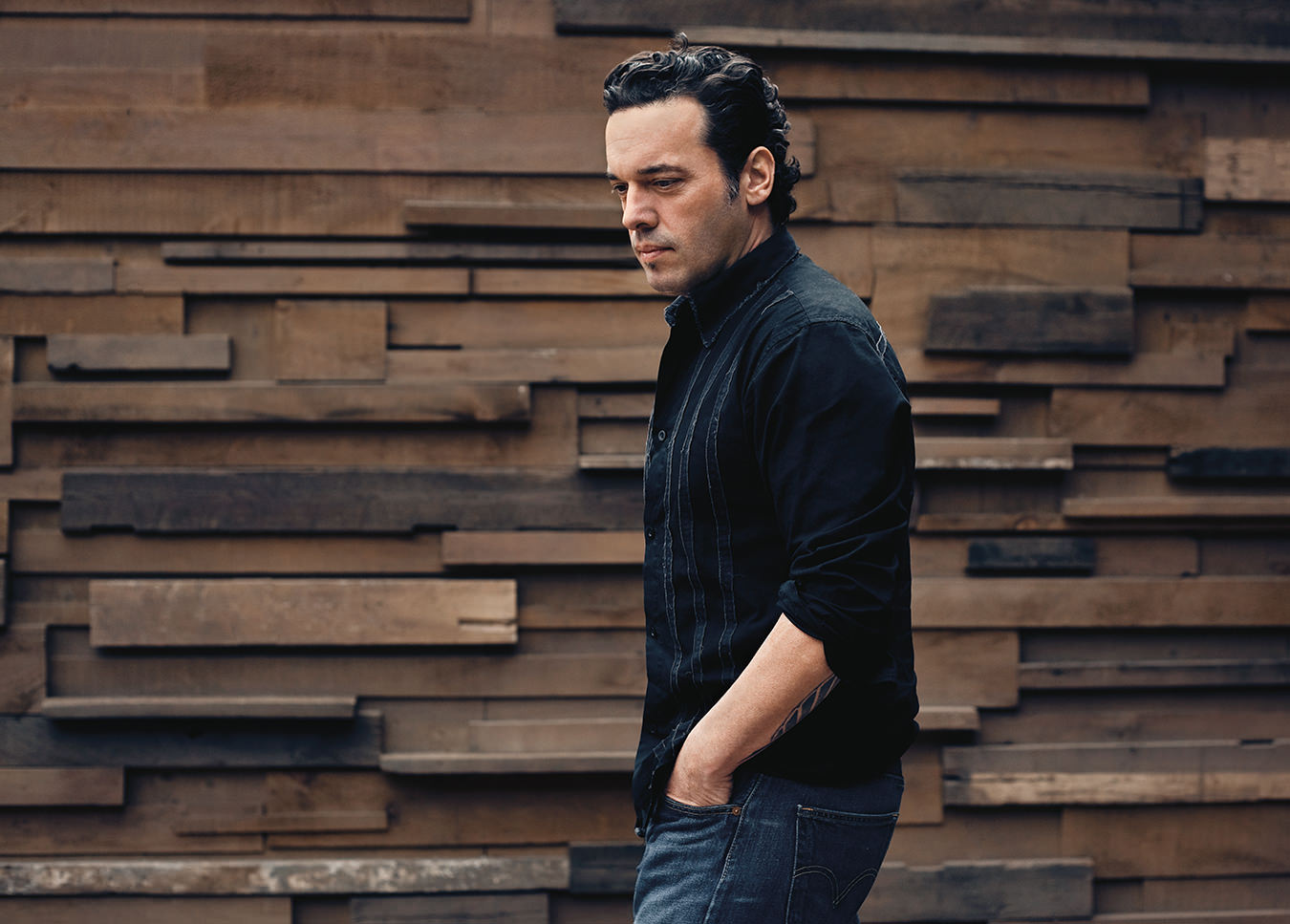In Conversation With Author Chris Kraus
Kraus on feminism, Kathy Acker, and life after Dick.

In the 20-odd years since Chris Kraus’ book I Love Dick was published, Kraus has amassed a loyal cult following. The work established Kraus’ literary voice–expressive, direct, and staunchly demystifying. Kraus’ subsequent novels, such as the explorative Aliens & Anorexia, Torpor, and Summer of Hate, pull plot points, names, and places from I Love Dick, weaving them into one tight, imaginative world.
I Love Dick is canonical for many, especially 20-something women. Kraus’ undeniable influence on young female writers is profound and nearly ubiquitous past a certain date of birth–authors including Jenny Zhang, Maggie Nelson, and Morgan Parker owe debts to the prolific prose laid out by Kraus. Her mainstream success also led to the small screen—Amazon Video’s 2016 adaptation of I Love Dick starred Kathryn Hahn as heroine Chris, and Kevin Bacon as the titular Dick.
In her latest release and first biography, After Kathy Acker (2017), Kraus delves into the life of an admired peer, the avant-garde writer and artist Kathy Acker. Acker, who died in 1997, became known for her kind of cut-and-copy style–appropriating the words of authors while blending herself their works. Her work is vivid, sexually violent, and mirrors a life fully dedicated to art making.
I spoke with Kraus over the phone about her most recent release, After Kathy Acker, and the legacy of Acker, I Love Dick, and the next wave of feminism.
A.S.: Tell me a bit about when and why you began working on After Kathy Acker.
Kraus: There were two phases in working on the book. I was friends with Matias [Viegener], the guy that took care of [Acker] in Tijuana and became her executor, so I was very much in the loop around what was happening around her illness and death, and right after she died I wanted to write her biography. And after that, I did interviews with seven or eight other people that she had known in her early life in San Diego, but then I put the draft away because I had published a few pieces but they didn’t seem right and it just seemed a little incestuous because we had so many people in common. I had just finished I Love Dick and we were too closely enmeshed in the same circles.
So, I put it away and I wrote Aliens & Anorexia and then one thing lead to another and I never went to back to it. After Summer of Hate came out I wasn’t really ready to start another novel yet and I was thinking about what I could write next and all these memoirs were coming out around that time of all the glorious East Village days of the seventies and eighties and they seemed really false, and I remembered that I had this Acker material in the closet and it was then that I thought I could write a different kind of biography than the one I imagined originally, one that was more literary critical and approached her through the work and the lens of time, because by then it had been like 20 years since she had died.
A woman writer writing about another contemporary female artists seems to be new territory in terms of female-written histories. Was this part of your interest in creating the biography?
I’m glad you picked up on that because as I was working on it I was thinking this is something that is pretty singular with the book. It’s something men often do. Of course, lots of other women have written biographies about women but they’re historical, there aren’t biographies or critical studies of people who were close peers. I can’t think of an example of a woman writing [about a woman] who’s a generation or half generation older and men do that all the time–Jonathan Franzen did it. It’s a very common thing for a man to do a kind of reckoning with an elder. When I was doing it I was thinking, “I don’t think a lot of women had been doing this” and that was exciting.
Acker famously made up stories and confused fact and fiction and your work at times feels deliberately un-academic. How did you grapple with this in researching and the writing of the biography?
Well, it was common knowledge that Acker told tall tales–all her friends knew it, she was famous for it. So I did have to establish the basic facts–where did she go to school? Who did she study with? How was she actually living? What was her actual income and where it was coming from? That was part of making a timeline and establishing basic facts about life. But I never thought I was calling her out on her life and setting the record straight in any kind of serious way. It was more interesting for me to look at some of the motivations behind the lies. I think I write some place in the book that to lie is to try, so you have to give her some credit for lying too—instead of just wagging your finger liar, liar. It’s the job of the biography to get a really good comprehension of a person and that means not judging them and trying to understand the things that they do.
Throughout After Kathy Acker, you pepper personal anecdotes, but never explicitly mention your connection with Acker. Why did you want to more or less exclude yourself from the book?
I had no relationship with Kathy. If we were friendly, or if we were sort of ex-friends, I would have disclosed that. The fact that we happened to sleep with the same person, that didn’t really seem worth remarking on. Does that give you a relationship that you shared a sexual partner? She 40 years ago and me 20 years ago?
Reading some of the critics, they do mention that a lot, and I didn’t find it distracting or of interest myself but I was wondering if that was something you thought of.
Well, it would have been a very different kind of book if it was about Kathy, Sylvère [Lotringer], and me, and I didn’t want any aspect of that. They were involved years before, and she was out of the country when Sylvère and I got together so that was never part of my perception of her. My perception of her began when I lived in New Zealand alone at 21 and I discovered her writing and it spoke to me so powerfully as a young woman who felt weird and alone. That’s the connection, that’s the important connection. And the second connection was that we shared many of the same literary and cultural references and lineages, that’s what’s worth talking about. Who slept with whom, not so much.
With After Kathy Acker, did you feel it was important to differentiate the canon of the New York art scene in the seventies and eighties? What important narratives do you feel were not being represented?
The competition and the boredom. People like to talk about the seventies and eighties and that it was this wonderful, communal mutually supportive time. Those were the worst years of my life, the eighties in New York. I was an outsider, who hadn’t gone to college in the U.S. coming from New Zealand, I felt those scenes the famous Mudd Club scenes blah, blah, blah, to be very exclusionary and very snobby. People within those scenes were extremely nasty and competitive.
Acker was obsessed with sleeping with male artists she admired and often used her encounters in her work, and Chris Kraus in I Love Dick was similarly obsessed and blurred the lines between sex and art. How do you see the role of the sort of male muse in Acker’s work?
It’s funny, I didn’t know about The Blue Tapes, that began with her correspondence with Alan Sondheim, when I wrote I Love Dick, but when I went back later and I read those letters I thought, “Oh my god, that could have been part of I Love Dick. She did almost exactly the same thing with Alan Sondheim that the Chris character did with Dick. Kathy wasn’t the only one who did it and certainly I wasn’t the only one to do it in I Love Dick: power and knowledge is a thing that everyone seeks out. But women are not often so explicit about it, they don’t often talk about it. I think what’s radical here is not that Kathy did it, or I did it, but that we talked about it so much.
Acker so badly wanted to become a cult icon, and you have become yourself a literary icon. I don’t know if it’s a silly question, but I wonder if you ever wonder what Acker would have thought about the biography?
Who’s to say. She’s been dead for 20 years now, so who knows what she would be like now. But if she was the Kathy Acker that she was when she died, I don’t think she would like it very much.
Like other female protagonists in your work, Acker isn’t a likeable character–she was narcissistic and obsessed with fame. With some of your work, and now with the Amazon adaptation of I Love Dick, it feels like audiences are more receptive to unlikable female leads. Do you think that to be true?
Define likable? It isn’t very sexy to watch two airbrushed almost identical models have sex with each other. It’s much sexier to see actual people having sex. But mainstream, I don’t think so. We always have these kinds of pictures of people whether it’s good or bad. But literature hopefully is a little bit more realistic and allows us to see people as they are and people are never good or bad.
I wouldn’t say that Acker isn’t a likable character, I found her very likable by the end of the book—her situation when she was sick was absolutely heartbreaking. Her courage and her self-delusion were so intertwined she couldn’t separate them. Her commitment and belief in literature and culture, these definitely counterbalance the fact that she was not a good friend, or that she was competitive. If we’re using domestic happiness as the yardstick to measure success of a life she was a failure, but is that the right yardstick to use for an artist?
How has the experience been watching the I Love Dick adaptation? Were there things on screen that you hadn’t seen before?
It was wonderful to see some of the places that they took it. I especially loved episode five, when all of the women in the ensemble write their own letter to Dick and each woman tells her own story. I thought that was great because it took it off the book and into the readership about the book. It was much more reflective of the phenomenon of the book and how it spoke to a group of younger readers, I loved that. I loved watching Kathryn Hahn’s performance, which is so intimate, and psychologically truthful in a way that you don’t get to see on TV.
We’re having a lot of conversations now about feminism and it makes me think a bit about how Acker, at the end of second-wave feminism, had to grapple with how to proceed with the conception of self in the next stage. Do you think we are at a similar crossroads now?
That’s a really interesting question and I think the picture has been clouded a lot by corporate neo-liberal feminism, which doesn’t really serve women or anyone. The kind of Sheryl Sandberg brand Lean In and give yourself to the corporation kind of feminism doesn’t work as a means of self-expression, these things have co-opted feminism to such a degree its very easy to create that “girl power” feminism which is so false.
It’s useful if people got back to historic feminism of the second wave, people like Germaine Greer, utopian feminists that believed that feminism was more than equality and same-same. That if women had the opportunity, they would imagine the world differently: that feminism is about not just gender equality but a greater equality of all people.
This interview with Chris Kraus has been edited and condensed for clarity.
_________
Never miss a story. Sign up for NUVO’s weekly newsletter.




